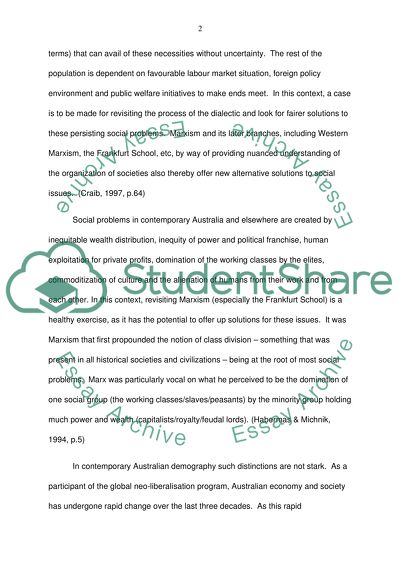Cite this document
(“Social thoery and policy essay (topic: Use Critical theorists”, n.d.)
Retrieved from https://studentshare.org/sociology/1423544-social-thoery-and-policy-essay-topic-use-critical
Retrieved from https://studentshare.org/sociology/1423544-social-thoery-and-policy-essay-topic-use-critical
(Social Thoery and Policy Essay (topic: Use Critical Theorists)
https://studentshare.org/sociology/1423544-social-thoery-and-policy-essay-topic-use-critical.
https://studentshare.org/sociology/1423544-social-thoery-and-policy-essay-topic-use-critical.
“Social Thoery and Policy Essay (topic: Use Critical Theorists”, n.d. https://studentshare.org/sociology/1423544-social-thoery-and-policy-essay-topic-use-critical.


